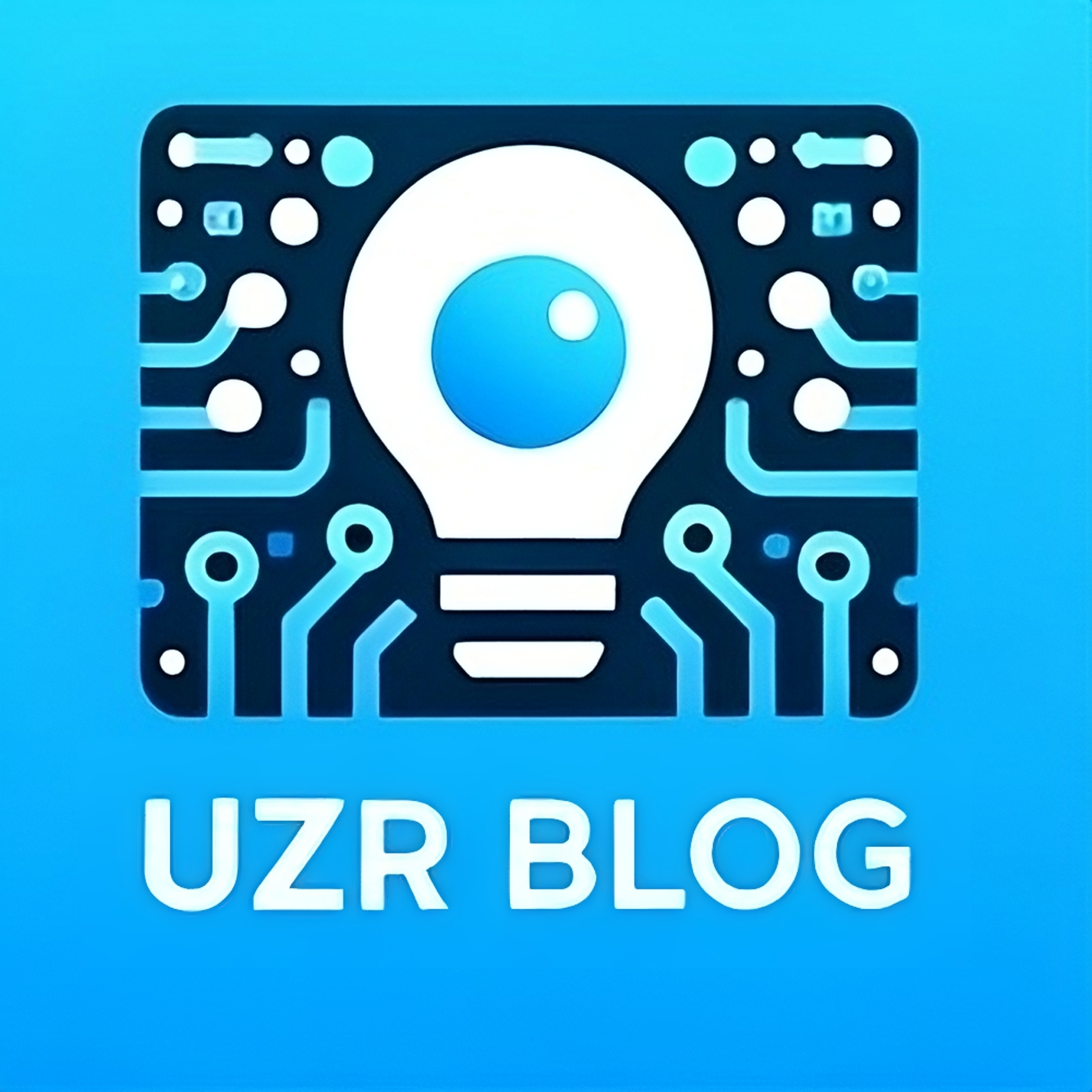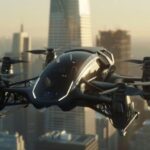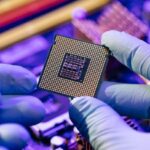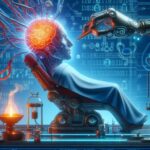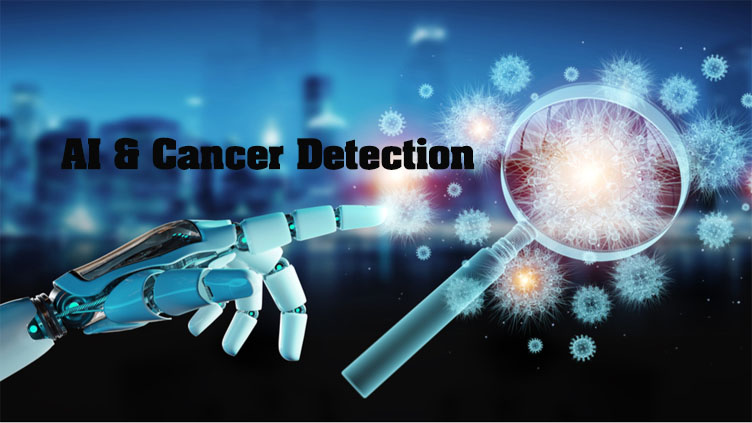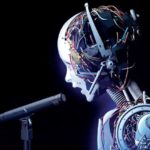Imagine a world in which cancer can be identified with just a few blood drops, earlier than previously thought to be achievable. Welcome to that AI-powered world.
Cancer was a serious disease that required lengthy and expensive treatment back then. However, AI currently takes up a lot of room in every industry. It can make cancer detection quite simple.
The new technology analyzes metabolites—byproducts of metabolism—in blood samples using machine learning, a subset of artificial intelligence (AI). These metabolites, which are present in serum, the liquid part of blood, function as “biomarkers” that may indicate the existence of cancer in the body.
Chinese researchers have developed an artificial intelligence test uses single dried blood spot to identify cancer. A few hundred blood samples from cancer patients were used by the researcher to evaluate their AI model in a recent study on colorectal, gastric and pancreatic cancer.
Cancer rates on the rise worldwide
Despite technological advancements, innovation, and thorough research, cancer rates continue to rise. By 2050, there will be an estimated 35 million new cases of cancer, a 77% increase from the 20 million estimated cases in 2022.
Cancer is a terrible disease that tears apart families and exacts revenge on the bodies of those who suffer. It has been documented in ancient Egypt, and yes, fossilized bone tumors have been found from 5000 years ago. The hard truth is that cancer is so relentless because it is a complex disease that comprises over 200 distinct sub-types, each with unique behavior and genetics.
For the first time in human history, cancer is expected to become the leading cause of death in a few short years. Could this be due to improvements in diagnosis techniques? Recent patterns seem to indicate otherwise.
Cancer has always been linked to the old, but as times change, these days they are more closely linked to youth.
Younger folks are receiving more cancer diagnoses, according to a study, with increases mostly coming from women and those in their 30s. According to a study published on Tuesday in the journal BMJ Oncology, the number of new cancer diagnoses among younger ages climbed substantially globally between 1990 and 2019, by almost 79% overall.
Lung cancer among Asian American women
Compared to female non-smokers of other ethnicities, Asian-American women in the United States who have never smoked are currently twice as likely to acquire lung cancer. Although smoking is typically linked to lung cancer, up to 20% of cases in the United States each year occur in nonsmokers.
A Solution:
AI, biomarkers, and dried blood
The best course of action for cancer is to detect it early, as this significantly improves our chances of survival. However, there is a problem: there are currently no reliable or stand-alone blood tests that can diagnose fatal diseases like pancreatic, gastric, and colorectal cancers. This is because there aren’t any approved biomarkers for these diseases.
The chemicals or characteristics that physicians measure in bodily fluids, tissues, and blood are known as biomarkers. They may indicate illnesses, ailments, normal bodily processes, or malfunctions. Proteins, hormones, DNA (genes), and other substances that reveal something about your health can all be considered biomarkers. A biomarker is a material that, when detected in a medical setting, signifies a certain disease condition or reaction to a therapeutic intervention.
Rather, medical professionals are forced to depend on imaging or surgery, both of which have limitations. However, what if there was a technique to identify it at an incredibly early stage—even before symptoms appear? What if it could be done in a way that is both within the reach of global communities and inexpensive and reasonable?
Although it sounds ludicrous, this is essentially the norm for what happens on a daily basis. There has been a quiet revolution in AI blood testing for cancer over the last few months and years. According to a recent research report, it may be possible to identify pancreatic, stomach, and colorectal cancers and make an accurate diagnosis 82% to 100% of the time. They have developed a technique that can accurately identify the deadliest malignancies in the globe.
In this new study, scientists are utilizing artificial intelligence to detect cancer by analyzing metabolic changes from dried blood spots using a specialized sort of mass spectrometer and machine learning. With astounding accuracy, the system was able to interpret complex metabolic data. Artificial intelligence has been shown in earlier research to be nearly twice as accurate in predicting the aggressiveness of some types of cancer.
Artificial intelligence (AI) can extract valuable information from patterns that humans are unable to see.
It is pretty ironic when we look at all of AI scams on but there are good sides too and plus in this case the more sample the AI processes the more accurate the predictions and there is more good news that this method is more cumbersome and also a cheap this non-invasive test would require only 0.05 ml of blood.
